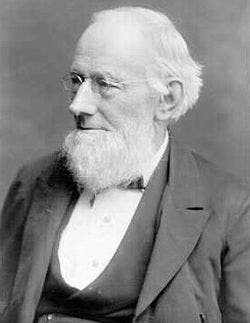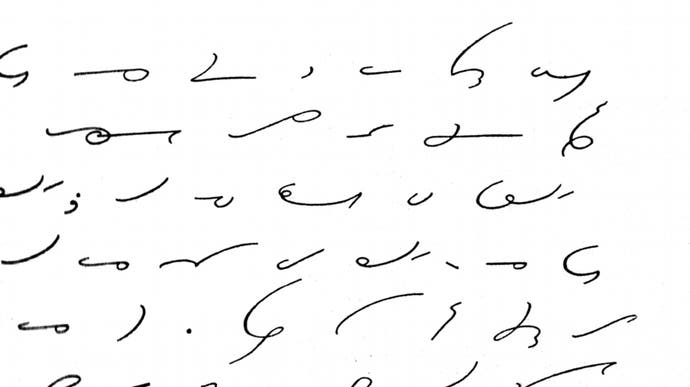Someone should make a game about: Shorthand
Smn shld!
Gloucestershire, England, 1837: renowned English educator Sir Isaac Pitman published what would become the most culturally significant of the seven books he wrote before his death in 1897, Stenographic Sound-Hand. In it, Pitman outlined a series of phonetic abbreviations to better write British-English as economically as is achievable - a style which is simply known as Pitman's Shorthand.
Around the same time, print journalism began to boom across Europe and North America. Late 18th-century American colonies would be motivated by newsletters to revolt against the British, Chromolithography revolutionised colour printing, and Napoleon's censorship laws were lifted after his exile in 1815. The art of print news had become a pivotal influencer, and Pitman's Shorthand would serve as the hilt in which journalism's steel blade rang its mighty unsheathed roar.

Nowadays most newsrooms prefer to use Teeline Shorthand. Created by James Hill in 1968, Teeline builds upon Pitman's with a few changes to better suit news reporting. It's mainly used in Commonwealth countries, with the National Council for the Training of Journalists - an organisation that regulates the education of journalists in the UK - acknowledging its usage.
Considering the influence Shorthand has had on modern media, it's surprising that it hasn't seen much usage in video games. One can imagine a narrative-heavy puzzle game set in an early 20th-century newsroom, where the player must decipher a series of notes written in Shorthand to uncover a mystery. Perhaps each note leads the player to a room or building which they must search to find the next clue.
A problem that arises quickly is the expectation thrust on the player. Shorthand isn't a mere encryption system that requires a key to decipher, it's a fully-fledged language that has its own rulesets and guidelines. The basic writing formula is to remove all the vowels of a word other than at the start and end. For instance, the word 'Eurogamer' would become 'Ergmr'. There are also other specific and subtle rules, including things like the writing of phonetically similar words (there, they're, and their), which complicates it further.
Implementing Shorthand into a game expects as much of the player as including a foreign language. That doesn't mean it can't or shouldn't be done - an educational game that teaches Teeline would work. But for purely recreational play however, you would need to simplify it, similar to the way in which Paper's Please simplifies the role of a border control guard while still invigorating interest through challenge and story.
Many see Shorthand writers as a dying language, with the use of audio recorders during press releases, Shorthand can seem redundant. But, as the late Times Editor Harold Evans puts it in his book Essential English: "Cassette recorders are fine but with a long speech it can be maddening trying to find the exact quote you want."
Speaking of dying or dead languages, I've recently found myself thinking about Shorthand in the context of Latin. Both Latin and Shorthand share this strange commonality where they once were used for one thing (In Shorthand's case, as the primary way to copy press releases) but overtime their perceived obsolescence has shifted the usage. Latin is still very much alive in medicine and science. Shorthand is still surprisingly visible in the newsroom.









